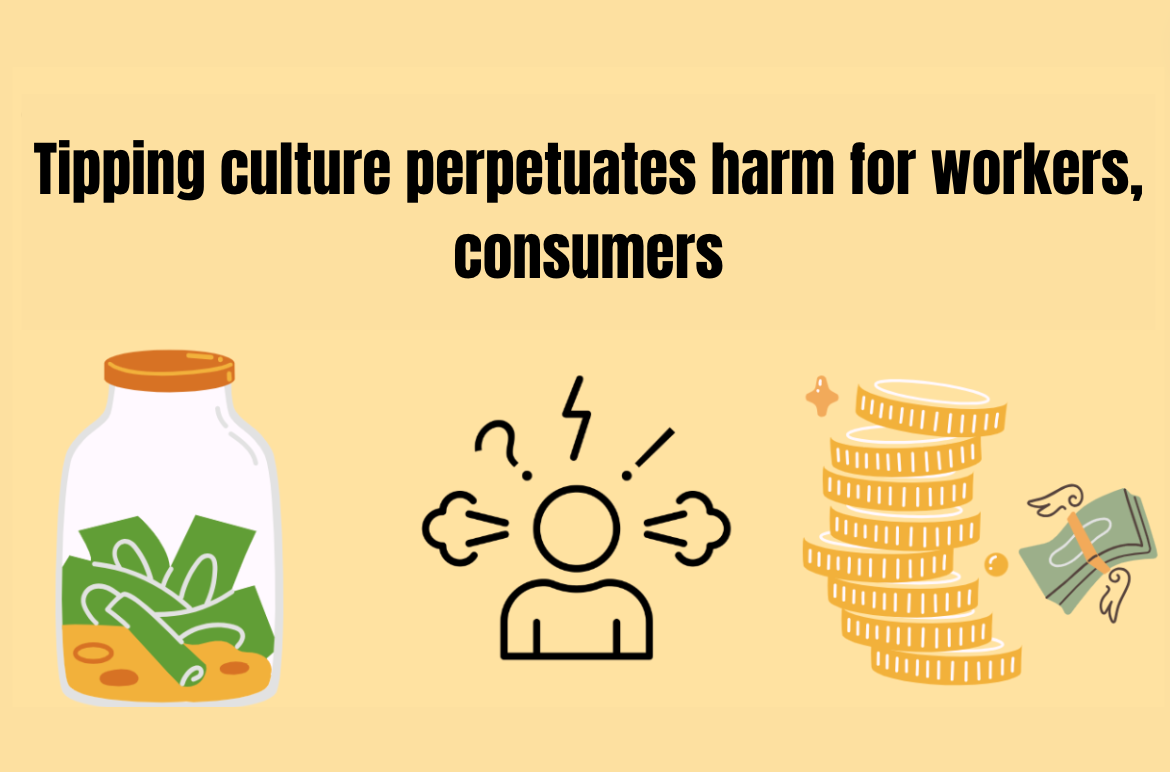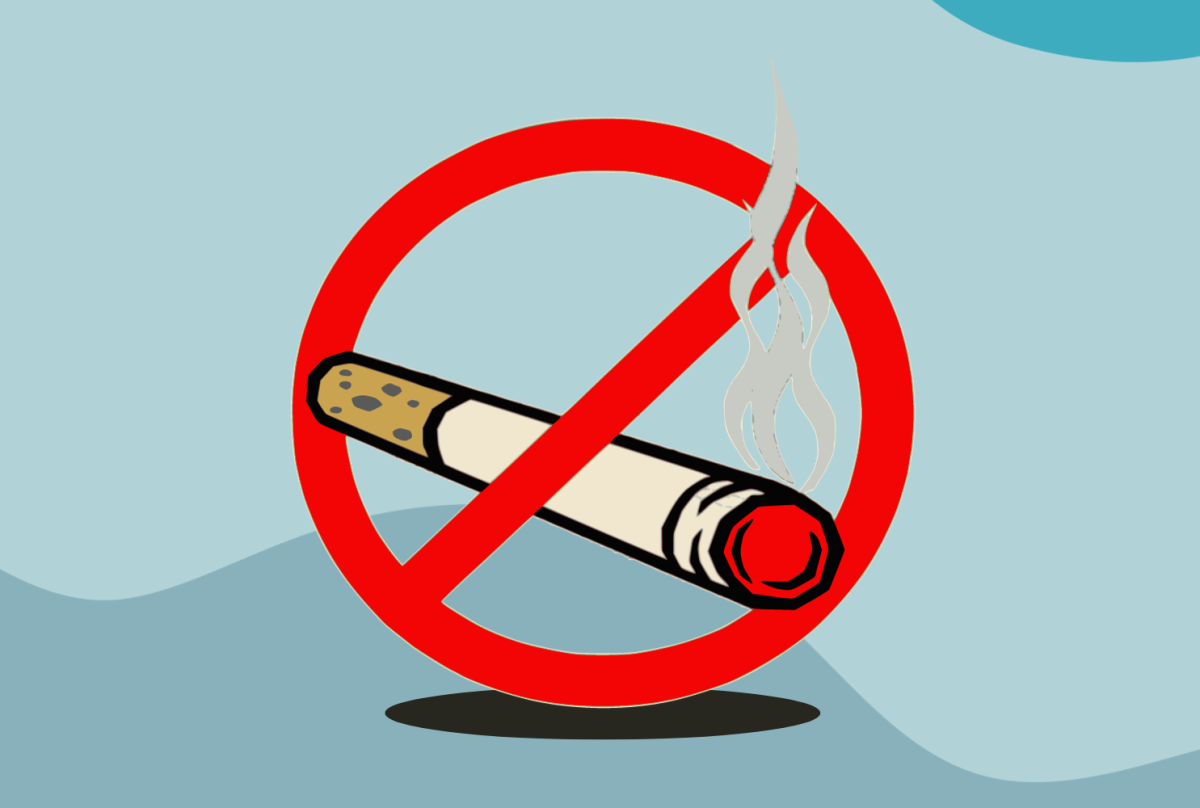I will never forget the night of May 19, 2012. It was the night of my sister’s junior prom, and also the night when I went into anaphylactic shock at a birthday party.
Anaphylaxis is a life-threatening allergic reaction to something that the immune system does not tolerate. Anaphylactic symptoms include lowered blood pressure, swallowing and breathing difficulties, and hives.
While I regularly saw an allergist, and continue to do so, I had no idea just how severe my allergy to nuts and peanuts was until that night. Because of this uncertainty, I have always been diligent with my allergy and have carried around my own EpiPen for as long as I can remember.
I find it painful to recount what happened that night, and nearly two years later I still struggle to discuss with my family and close friends the events that occurred. However, I believe that sharing my story is beneficial to the school community to understand the real risks associated with serious allergies.
My allergy attack was the result of eating a Twizzler which was in an open candy bowl. Within ten minutes, I was calling my parents from the bathroom telling them I felt unwell, and was already losing my voice as a result of my throat closing up. Shortly after I had called my parents, I had all of the symptoms of an anaphylactic attack. I could not speak due to the swelling of my throat, I was having difficulty breathing, sweating, hives had formed all over my body, and was completely incapacitated.
When we arrived to the Chelsea and Westminster Hospital, I had a second anaphylactic attack and was administered a second EpiPen. I stayed overnight in the Children’s High Dependency Unit, and was discharged the next day feeling perfectly fine.
The scary thing about something as life-threatening as having an anaphylactic allergy is that the reaction comes on so quickly, and when taken care of appropriately, it feels as if it has never happened. Your body is in such incredible trauma for such a short amount of time, and you feel that your life could end at any second, but I felt normal the next day.
Looking back on my experience, there are many things I wish someone with an anaphylactic allergy would have told me. It is important for people with serious allergies to know that they must carry around medicine at all times. If I hadn’t brought my EpiPen with me that night, no matter how safe I had been in the past, my situation could have been a lot worse than it was.
It is important to be an advocate for your allergy at restaurants, friends’ houses, and even in school. No matter how embarrassed or awkward one may feel to speak up, taking chances is never the answer.
While it is hard at a young age to understand that sometimes you can’t eat the birthday cake at parties, or that you will have to trade candy with your siblings at Halloween, ultimately it is important that these steps are taken for younger children to understand how life-threatening their allergy is.
I have also found it difficult at our school to find options in the cafeteria that are safe for a nut and peanut allergy. While I recognize that students have a wide variety of allergies at this school, I personally believe that nut and peanut allergies are particularly hard to manage. As a result of this obstacle, I eventually decided to bring my own lunch this year. In the past during lunchtime I have been concerned about cross-contamination of food.
While ASL has strived to try and make the cafeteria a safe place for students with allergies to eat in, by no longer having a peanut butter station by the bagel area for example, more can be done by catering. Although nuts and peanuts are an excellent source of protein, students are sometimes ignorant when it comes to ensuring that they are not contaminating other areas after eating their peanut butter sandwiches or bags of almonds.
It is important for all students to be conscious and vigilant when having ingested peanuts or nuts for the sake of students’ health in the school community. While I do understand that there are signs on pre-made sandwich that contain peanut butter warning students’ of others allergies within the school, students’ eyes can often this label.
I urge everyone who is reading this article to be aware of their surroundings when at ASL in order to protect students with serious allergies. While we are personally careful, we cannot help it when it comes to third parties putting our lives at risk. We are all at the age where this responsibility should not be a hardship on anyone. After all, students with serious allergies have had the responsibility of taking care of their immediate health since the day they were diagnosed.
charlotte_young@asl.org








